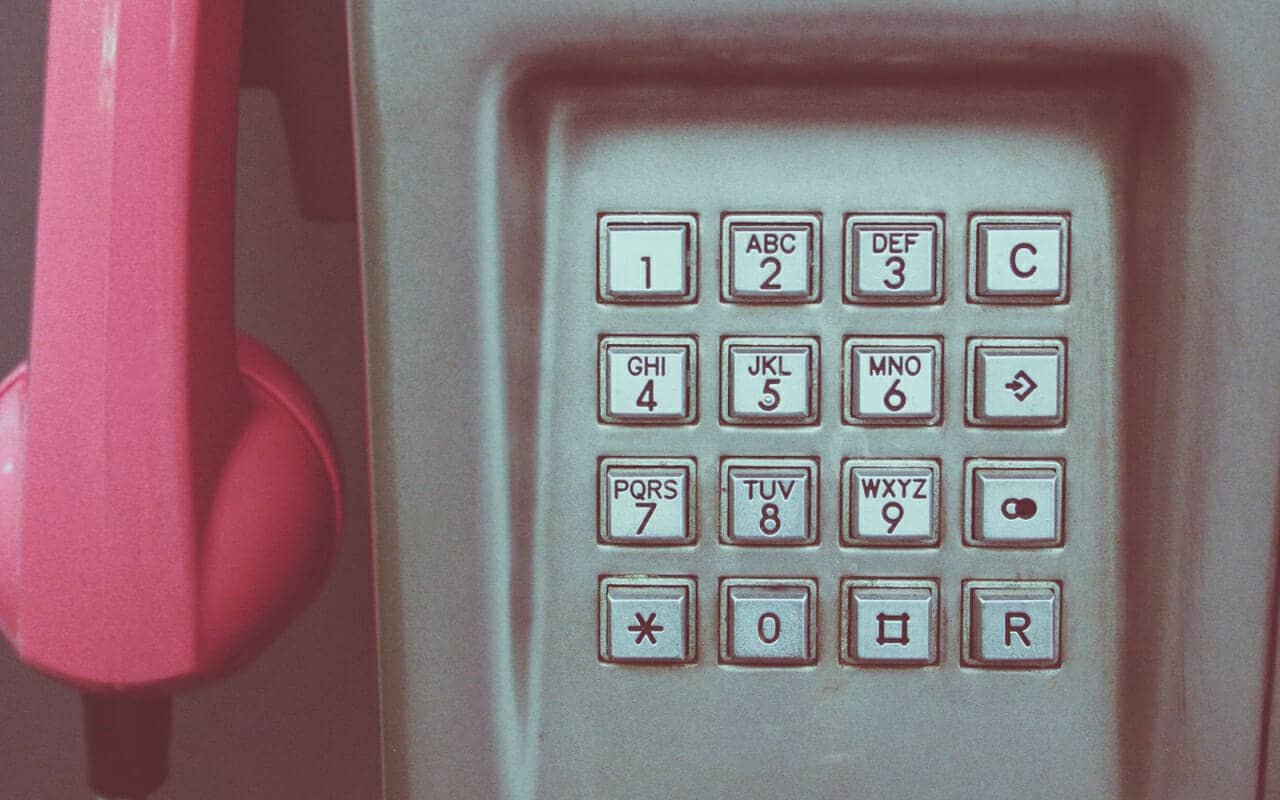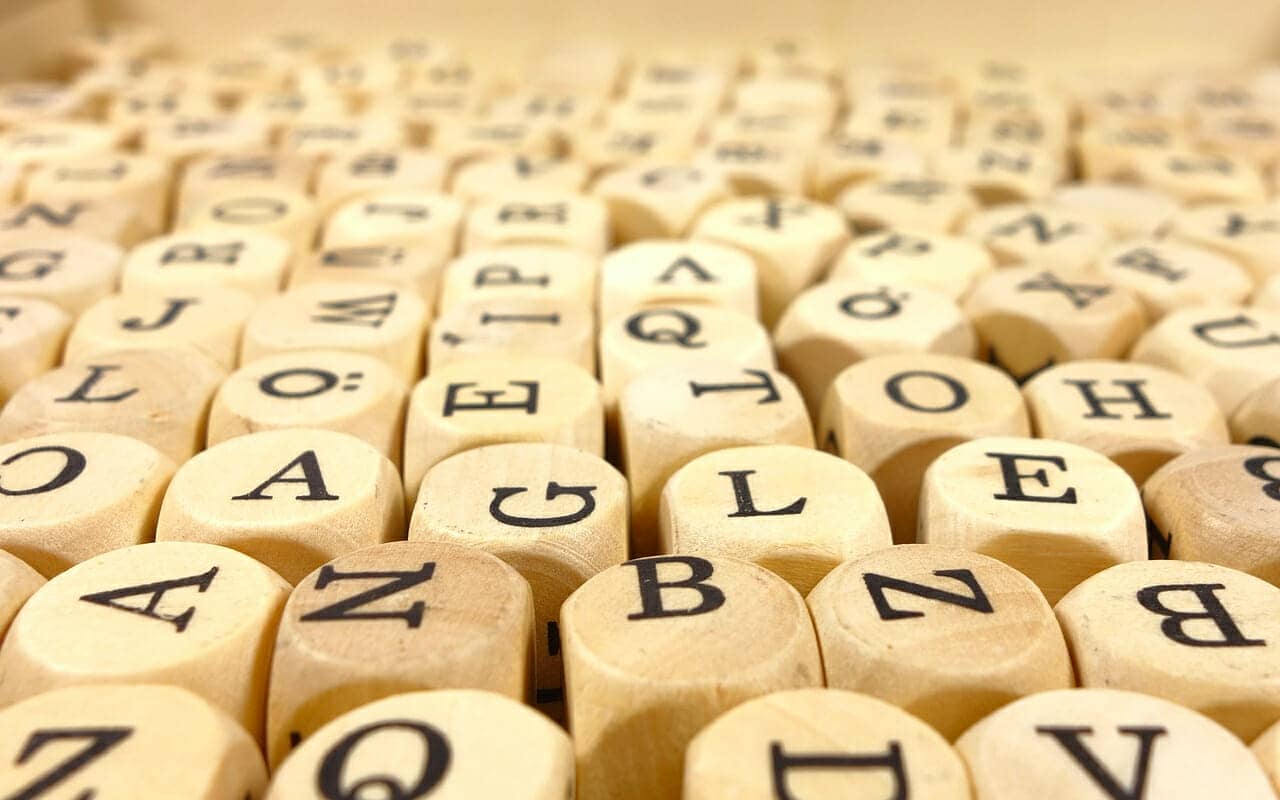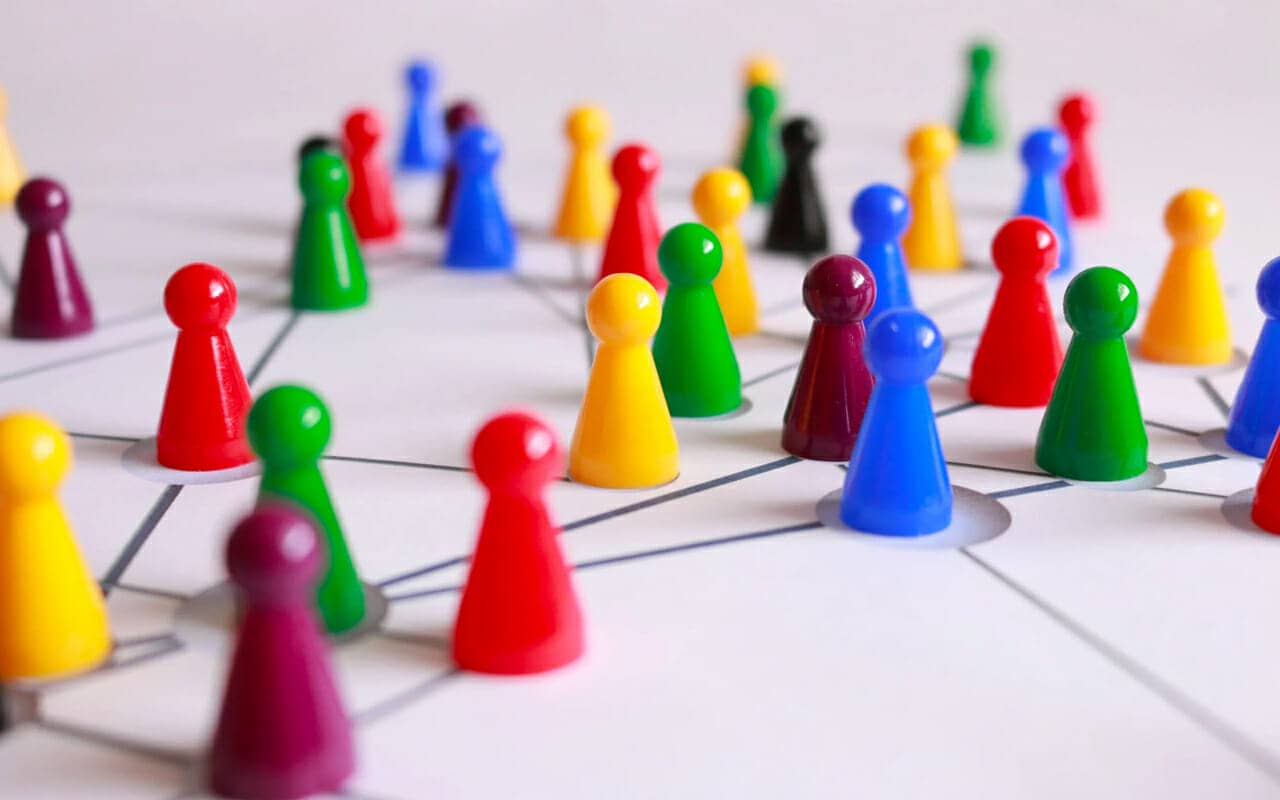Podcast: Download
Subscribe: Apple Podcasts | RSS
 Want to know how to stop forgetting things?
Want to know how to stop forgetting things?
Well, you’re in the right place if you’re tired of asking yourself, “Why do I keep forgetting things?”
I’m an internationally acclaimed memory expert and I promise you this:
The answer is actually very simple. So simple it will probably surprise you.
But even better than shock and amaze you, I’m confident the answer will help you tremendously.
You see, there are some incredibly simple techniques that will help you remember just about anything you want.
And when you do forget, your annoyance with losing track of information will completely disappear.
Follow the steps further down this page, and you may wind up never being bothered by forgetfulness again.
Ready?
Let’s dig in!
Why Do I Keep Forgetting Things? The Answer
Forgetting plays an important role in human experience.
And yet, some people have doubted that forgetting actually exists. For example, Friedrich Nietzsche wrote:
The existence of forgetting has never been proved: we only know that some things do not come to our mind when we want them to.
Nietzsche clues us in on something very important with this quote:
In order for things to come to mind, they need to have entered the mind in the first place.
My point?
It’s this:
One: Not Paying Attention in the First Place
A major reason we think we’ve forgotten things isn’t a reason at all. If we haven’t paid proper attention to a detail, then it never entered long term memory in the first place.
It can be humbling to admit that we haven’t been attentive. But it’s one of the keys to experiencing improvement, as we’ll discuss in a moment.
Two: Storage Failure
Let’s say that you did pay attention, however.
It’s possible that a memory was formed, but it was nonetheless not stored correctly.
This can happen because incoming information often has to compete with other stimuli. For example, when you’re meeting new people, you might also be given details about where they live and their occupation.
Another term for this is cue overload. As a result, the flow of multiple data points somehow corrupts how the main detail you wanted got stored.
John Wixted outlines a few different kinds of interference. In addition to competing stimuli, you might also experience storage failure from:
- Proactive interference
- Retroactive interference
The first happens when something you’ve learned before messes with the learning of something new. For example, if you learned something that was incorrect in the past and discover a correct version of that fact, the primacy effect might maintain the storage of the inaccurate data despite new learning. Your brain thus fails to store the truth.
The second kind of interference happens when something about the way you’re learning a new detail interferes. You might experience this kind of storage failure when ineffectively using a software like Anki or even old-fashioned flashcards.
Three: Retrieval Failure
Let’s assume that your brain has recorded everything absolutely correctly.
You might still forget something if something interferes with the retrieval process. These kinds of interferences can literally cause information you know very well to evaporate.
Scientists have found this kind of forgetting interesting, but don’t yet know exactly why it happens. Endel Tulving linked it to cue-dependent forgetting. The research basically suggests that if words are grouped in categories, you might remember more of them better. But when randomness is introduced, forgetting goes up.
Part of the issue relates to how memory works, particularly spatial memory. And that’s why when someone prompts you or gives you a trigger that relates thematically or categorically, you can sometimes get back the information that you forgot or felt lingering on the tip of your tongue.
Four: The Influence of Time
Did you know that it’s possible to forget your mother tongue without suffering a brain injury or symptoms of a disease?
The problem is called linguistic deskilling. I experienced it myself while living in Germany and speaking hardly any English.
Basically, this kind of forgetting follows the “use it or lose it,” principle. Or, more scientifically, we can think about the forgetting curve, which helps predict how time will degrade the ability to remember things if they aren’t recalled regularly.
Five: Repression
Sigmund Freud is a controversial figure. But many people forget the value of his goals.
For example, in Remembering and Forgetting Freud in Early Twentieth-Century Dreams, John Forrester reminds us that psychoanalysis was meant to be “self-annihilating.” When it worked, the point was never to need it again or even think about it.
To help heal people from their ailments, psychoanalysis explores ways to uncover repressed memories. The theory goes that because these memories are still lingering in the unconscious mind, they are trying to “return” so that you’ll attend to them. This is the so-called “return of the repressed” that has been so influential on the horror genre in novels and film.
More sophisticated psychoanalytical research has extended the notion of repression to a kind of filtering. Dr. Robert Langs, for example, influenced many practitioners with his suggestion that the unconscious prevents certain “threats” from getting noticed by the conscious mind.
If true, his theory explains why we are sometimes told by our partners and loved ones critical details. We not only can’t remember the details. We can’t even remember being told. For whatever reason, the unconscious mind has perceived it as a threat and completely filtered it out.
Six: Adaptation
Another reason people forget is that some information is simply deprecated.
For example, there’s zero reason for me to remember the phone number my family had when I was 7 years old. I can remember our area code, but that’s because the information is still useful. The actual phone number, which hasn’t been used in decades, is not.
I also can’t remember the exact number of the house, though I can still remember the street name. Again, this kind of forgetting happens because specific details are no longer useful. I still refer to that street and the entire neighborhood when using a Memory Palace, but the exact house number has no particular function.
How to Stop Forgetting Things Once and For All: 7 Tips
Now that we’ve looked at the many reasons why we forget, let’s remove the problem altogether.
I said that the solution might surprise you, and I’m confident it will.
When you operate in this way, I think you’ll soon be completely unbothered by forgetting, even if it still happens from time to time.
Tip One: Pause, Label, Carry On
I give many presentations. Even though I’m a memory expert who exercises my mind regularly, I still forget things. I probably forget things more than the average person because I present off-the-cuff so often.
Over the years, I’ve learned that the best thing to do is to simply call a spade a spade. Specifically, I do this:
- Pause to give myself a second to see if I’ll remember the detail
- If I don’t, I label it as “yet to come” and state, “it’ll probably come to me in a second”
- Carry on with the presentation or conversation
I don’t have an exact percentage, but much more often than not, the information I was looking for will suddenly pop into my mind.
Tip Two: Run the Alphabet
An alternative strategy I’ll use when I really want to remember a detail is to start reciting the alphabet.
This strategy isn’t as foolproof as the first tip, but can still be effective. It’s also great mental exercise.
The reason I think it works is that it tackles the Ugly Sister Effect head on. Instead of getting overwhelmed by many possible names of actors or whatever you’re searching for, you actually cause your brain to run through a list in a structured manner.
As an example, let’s say I’m trying to remember an actor’s name like Tom Cruise. If it doesn’t come to mind, I’ll start silently naming actors I can remember by starting at A. (Adam West… Bill Murray… Christian Bale…) etc.
Give it a try the next time you forget something.
Tip Three: Memorize a Wide Variety Of Information Types
Although I do still forget things – usually temporarily – one thing I believe helps reduce this from happening is memorizing multiple types of information.
In your personal memory practice, I recommend you balance your time by practicing memorizing:
- Vocabulary
- Numbers using the Major System
- Verbatim material like scripture or a speech
- Symbols
- Musical information like the key signature or notes on a guitar
- Figural elements like the shapes and colors in paintings
Tip Four: Use a Memory Palace Network
Simply the best tool for exercising your memory is a technique called the Memory Palace.
Basically, you bring rooms that you’re familiar with to mind and then imaginatively layer associations on the walls and furniture. These associations help you recall things in turn.
It’s fast, fun and like a video game you play in your mind.
If you’d like to learn it, give this free course a try:
Make sure to use your Memory Palaces in combination with Recall Rehearsal for best results.
Tip Five: Creative Repetition
Another major reason people forget things is that they use rote learning.
Not only does rote learning suck the life out of engaging with information. It’s been shown to harm your ability to think critically.
The alternative is creative repetition, which involves elaborative encoding and following the rules of active recall.
As a quick example, to help remember that ALF is an acronym for “accelerated long term forgetting,” I will:
- Imagine Alf from the show about an alien
- Hear his voice in my mind
- Compound in an image of Alfred, Batman’s butler
- Layer in the feeling of holding a butler’s tray in my hand and forgetting it’s there
- Feel Alf’s emotional reaction to the horror at forgetting such an object
- Imaginatively taste and smell the coffee on the tray
Then, when mentally recalling all of these details, I’ll trigger those different creative sensations. Operating this way encodes memories so much faster and more thoroughly for the long term.
Tip Six: Focus On Laser Specific Learning Goals
Some people are so focused on having it all that they can’t think analytically about how the universe really works.
In reality, we only have so much time and no one has to remember everything about any single topic.
Instead of trying to have it all, focus on well-selected and carefully formed learning goals. There’s an art and science to how to select and create such projects, so you might want to check out Read with Momentum for information about how to do that.
Specificity is itself a memory aid. The goal is to create a strong network of references. These help you trigger off the information you want to remember because the knowledge web is tight by design.
There’s another reason specificity is so important.
You’re here because you searched for how to stop forgetting things. The problem is that this term could mean anything whatsoever.
A sure fire to forget more is to learn and live in unstructured ways. But when we focus our memory training on dedicated outcomes, our results are astonishing.
Tip Seven: Value Forgetting
As you’ve discovered, we forget for a variety of reasons. Some of them are normal and healthy, such as information that will never be used again.
If we couldn’t forget, we’d probably experience torture. Jill Price’s experience should be a wakeup call to anyone who fantasizes about having photographic memory, for example.
There’s another reason I value forgetting:
If I didn’t forget from time to time, I wouldn’t have discovered the tips you’ve learned today. And I wouldn’t have been able to find ways to improve my personal use of memory techniques.
As a result, it would be fair to say that forgetting has been more valuable than remembering in many ways.
So, what do you say?
Was Nietzsche right? Has forgetting never been proven to exist?
Or does it have a healthy place in our lives?
Although I take Nietzsche’s point and find it useful as a philosophical question, it’s clear to me personally that forgetting is a powerful asset.
And whenever we want to remember? We can. We just need to use the tools and strategies that work.
Related Posts
- 3 Causes Of Forgetting Science Never Mentions And How To Stop Them
There are 3 major causes of forgetting. Sadly, science never mentions any of them. If…
- Nelson Dellis On Remember It! And Visual Memory Techniques
Looking for visual memory techniques? And I mean truly visual. In this episode of the…
- How to Remember Where You Put Something (Once and For all)
If you want to know how to remember where you put something, you need expert…









